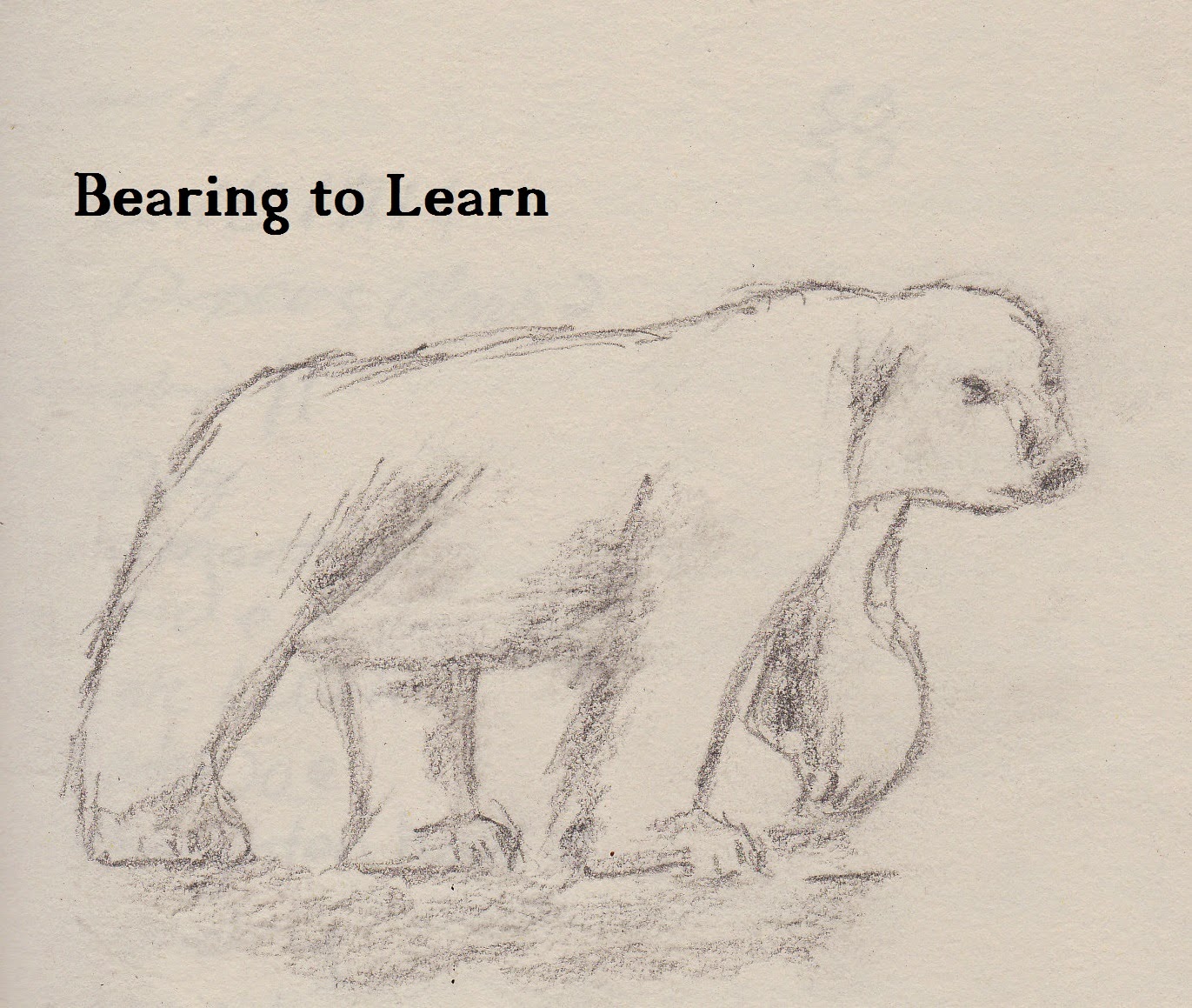The
world is changing and the military is changing with it. As the heavy trench
warfare of WWI and WWII subsides and new forms of guerrilla warfare emerge it
becomes important for the U.S. military to maintain its capacity to use both
pinpointed and mass insertion strategies. This requires a higher level of
knowledge and ability that will likely put pressure on the Army to adapt to higher
forms of combat.
General
Martin Dempsey announced at the Senate Armed Services Committee Hearing that
dwindling resources is a major factor in a reduction from 490,000 to 450,000
troops (1). There has already been
a 13% in civilian and 11% in civilian billets (2).
This will mean that current resource levels will need to be used more efficiently
and effectively to ensure that they create maximum results.
What
happens in government is important for the Army. Overspending in some areas
leaves other areas with less. Balancing the national budget ensures that the
military has adequate supplies and resources when they are needed. Resources
are used as a deterrent and as a capacity builder for our armed forces.
Even
though reduction in budgets does come with some tough choices it does offer a
few opportunities to adapt the system to do more with less. All systems change
the most when under pressure. The Army’s design can be improved to
encourage new ideas, technology, learning, and skill sets that can create
responsiveness to new threats. It is possible to use the platform of the old to
create something even greater.
The
military of the future will look less like the past as new levels of
functionality are created. Robotics and high technology gear will make their
way onto the battlefield and this will require a new type of soldier. Recruits
will need to be highly adaptable, fast learners, and high skilled to keep up
with new needs.
A few
ideas among the thousands:
-Integration
of Functions with Other Agencies: ISIS has taught us that lines between
insurgent and civilian can be blurred. Integrating certain intelligence and
operational functions helps utilize information more effectively.
-Outsourcing
Non-Essential Functions: Entities that focus on their core value
propositions often have higher results due to focus of effort. Evaluate which
functions are non-essential and whether or not they can be outsourced to save
money and improve functionality. For example, some aspects of education and
training can be outsourced.
-Actively
Recruiting High Performers: Actively recruiting promising young recruits
that either have the potential or realized physical and mental skill to engage
in modern military practices creates a stronger base to build from. With fewer
slots available the basic skill requirements should move upward.
-Using
Veterans in Support Functions: Veterans knowledge and skill shouldn’t be
wasted once they leave the military. Encouraging veteran’s to work in support
functions helps to ensure that these functions get more efficient and effective
over time.
-Developing
Innovative Internal Frameworks: Developing mechanisms for the exploration and
implementation of new knowledge, ideas, and efficiencies. The same innovative
policies and approaches should be encouraged among suppliers. A flatter
organization could be beneficial with a rise in soldier skill and knowledge.
-Raising
Active Duty Years: Higher
skills will require additional costly training. Raising the years of
service requirements and potential pay/incentives for highly skilled soldiers
encourages a higher return on investment from training. Age is more subjective
in today’s world.
-Streamline
and Cut Fat: Once
new ideas are developed and are shown to be effective they should be
streamlined to create efficiencies while still allowing for sufficient
adaptability. Streamlining allows for less waste and greater effectiveness that
saves taxpayer dollars.



